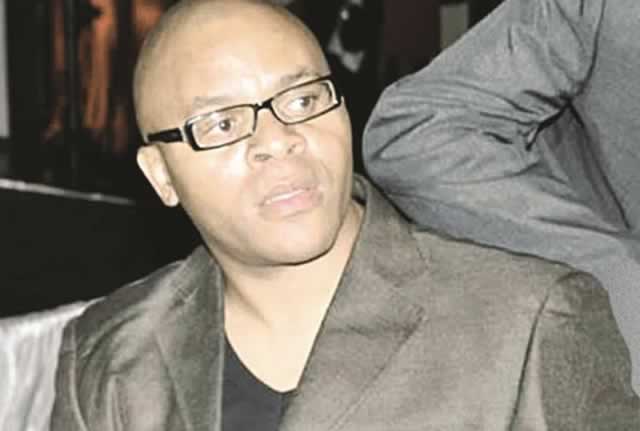Rwanda vote expected to extend Kagame’s rule


About seven million people registered to vote in election to pick a president who will lead the country for the next seven years. — Reuters
Polls have opened in Rwanda’s presidential election that is expected to extend the rule of Paul Kagame, who has dominated the East African country’s politics for more than two decades.
About seven million people were registered to vote in Friday’s elections to pick a president who will lead the country for the next seven years.
Kagame, who is 59, is facing only two challengers: Frank Habineza from the small Democratic Green Party — the only registered opposition party — and a little-known independent candidate and former journalist Philippe Mpayimana. “Tonight I predict a result of 70 percent in my favour . . . according to my calcuations that is what I will get if it is a free and fair election,” said Habineza.
“If I don’t get it, I will accept the results provided it is free and fair. We have already struggled with campaigning and some of our supporters have been scared off, but I hope they will vote today.
“If they are scared today then this is unfairness and I cannot accept [the result] . . . it will be a catastrophe.”
Authorities excluded several independent candidates from running, arguing they did not enjoy enough support.
A 2015 referendum saw 98 percent of the electorate in favour of changing the constitution to allow Kagame to seek a third term. He could stay in power until 2034.
The president’s Rwandan Patriotic Front (RPF) has governed the country since its armed wing defeated the country’s ruling civilian and military authorities in 1994, ending the genocide of 800 000 Tutsis — Kagame’s ethnic group — and moderate Hutus.
In the capital Kigali, voters arrived at polling stations as early as 5:00AM local time, two hours before polling began.
Elysee Tuyishima, a 29-year-old university student, said casting his vote in Kimisagara, a low-income suburb in Kigali, was his way of participating in decision making for the country’s future. “Not every person who is able to lead can do it, but when people meet together through voting they can choose one person who is able to do it,” Tuyishima said.
“I hope I have chosen someone who can help my country continue to achieve development.”
At some polling stations, traditional and modern songs were played over loudspeakers encouraging people to vote.
In some areas, polling rooms were decorated with balloons, satin cloths and gourds of milk, a symbol of peace and sharing in Rwanda.
Kagame has wielded wide-ranging powers since the end of the genocide and became president in 2000.
He is also believed to enjoy widespread popularity, having transformed the country ravaged by genocide and civil war into one of Africa’s stablest nations.
Malcolm Webb, reporting from Kagali in Rwanda, said the early arrival of people to vote early was explained by the RPF as a testament to their popularity and “exceptional record in governance”.
However, the opposition said the reason was that “they are expected to, and they are under a lot of pressure to from security officials from the RPF party”.
Kagame has overseen strong economic growth, at an average of eight percent between 2001 and 2015, while also turning Rwanda into a technological hub and uprooting corruption.
The Common Market for Eastern and Southern Africa (Comesa) and the East African Community (EAC) were sending observers to the election, the final results of which were expected to be announced within a week. — AFP










Comments